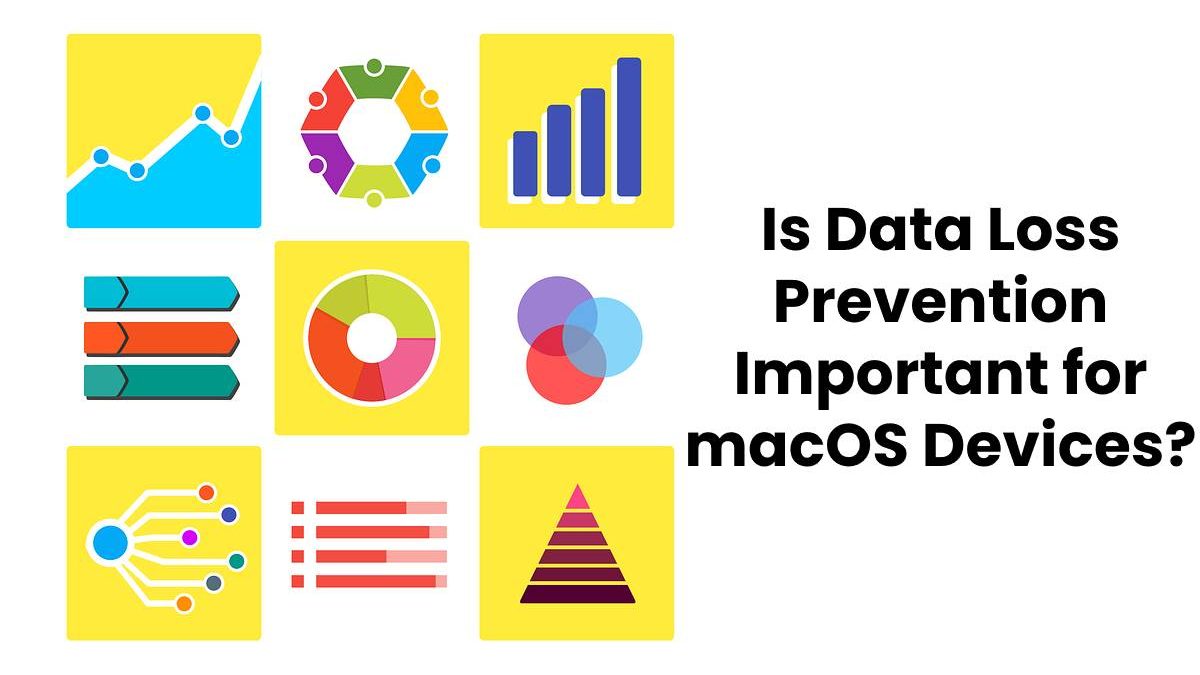Apple pays special attention and applies much effort to making macOS resistant to cyberattacks, making them more difficult for scammers to achieve. It’s difficult, but not impossible.
macOS has long been considered a more secure option than WIndows, thanks to its Unix-based architecture and native encryption options. As Apple’s market share started to grow by leaps and bounds, a growing number of hackers started to target macOS with attacks more often than ever before.
To fight such attacks and prevent any sort of fraud and malware hit Apple users’ devices, the company released macOS Big Sur, an update to its operating system, which included important privacy and security features. Besides, the company has released a series of devices featuring M1 processors, which ensure better security from both hardware and software sides.
However, in most cases, system vulnerabilities are caused by people using the data. Online data is not only vulnerable to attacks caused by outsiders but also the negligence of insiders. Breaches caused by user error pose severe threats regardless of the OS a person uses. It may be macOS, Linux, or Windows devices that get affected by breaches caused by insider attacks.
The risk of data loss can be significantly diminished by deploying data loss prevention tools for macOS devices and sophisticated SSD recovery technology for Macs, which allow companies and individuals to protect their data from internally-caused breaches. Provided that different people use Macs to utilize different types of media storage, various tools, and knowledge bases are used to retrieve data
One of the most common challenges faced by data recovery specialists is that solid-state drives recover data differently from traditional hard drives. Mac recovery specialists should use sophisticated flash recovery technology that incorporates advanced reverse-engineered error correction and special mapping algorithms to reassemble your data.
Specialized recovery tools specifically designed for all of the Mac file systems also provide for better and more effective data loss prevention and data restoration for all macOS devices.
When choosing a data loss prevention solution for macOS, companies, and individuals should take extra care. Following the release of macOS Big Sur, Apple has started deprecating kernel extensions, meaning that tools for Macs should use system extensions. Another important feature to consider is zero-day support, which guarantees a solution to be tested for its compatibility with a new macOS version before its public release.

